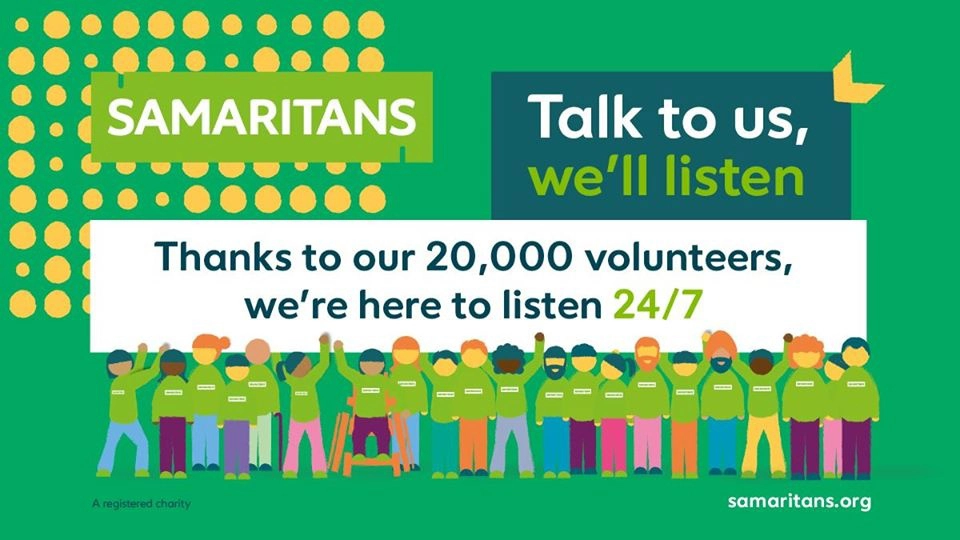Couldn't agree more. I also don't think we have even started to scratch the surface of working at home as regards mental health and depression. For some the only social interaction they get is with their work colleagues and it is important. There no spontaneity with working at home - if you want to talk to somebody you have to check that they are available, ring them, Skype them and it isn't the same as just turning round at your desk and saying "guess what...." Also the job I do can be pretty bleak and we laugh inappropriately at things that we come across. I can't do that with my family members, they would be horrified.Thanks for that lovely post mate. I haven’t seen the fella I support for over 3 mths now and I can’t see him again until there’s been a risk assessment on him.
I even asked the charity if I could meet him outdoors in a park or somewhere similar, but they just won’t have it.
It’s the same right across all of the voluntary sector and there’s a tragedy unfolding, as a lot of the people being supported are incredibly vulnerable and lonely too, with the volunteers playing a big part in their lives
As somebody whose most closest and dearest friends have been made in or through work and whose most epic nights out have often been work based, even the hastily arranged pub crawls after work on a Friday, I feel sorry for the younger generation who are not having that experience. Social isolation is going to be a big issue.
I'm quite outgoing by nature, I really struggled at the beginning of lockdown, I felt like I was working under exam conditions all the time and I missed all the random people you would see coming and going on a daily basis. I have family who live with me - if I had lived on my own it would have been much worse. I've got used to it now and the social interactions are evolving. I am sure there will be a huge upsurge in mental health issues that will be tracked back to home working.











